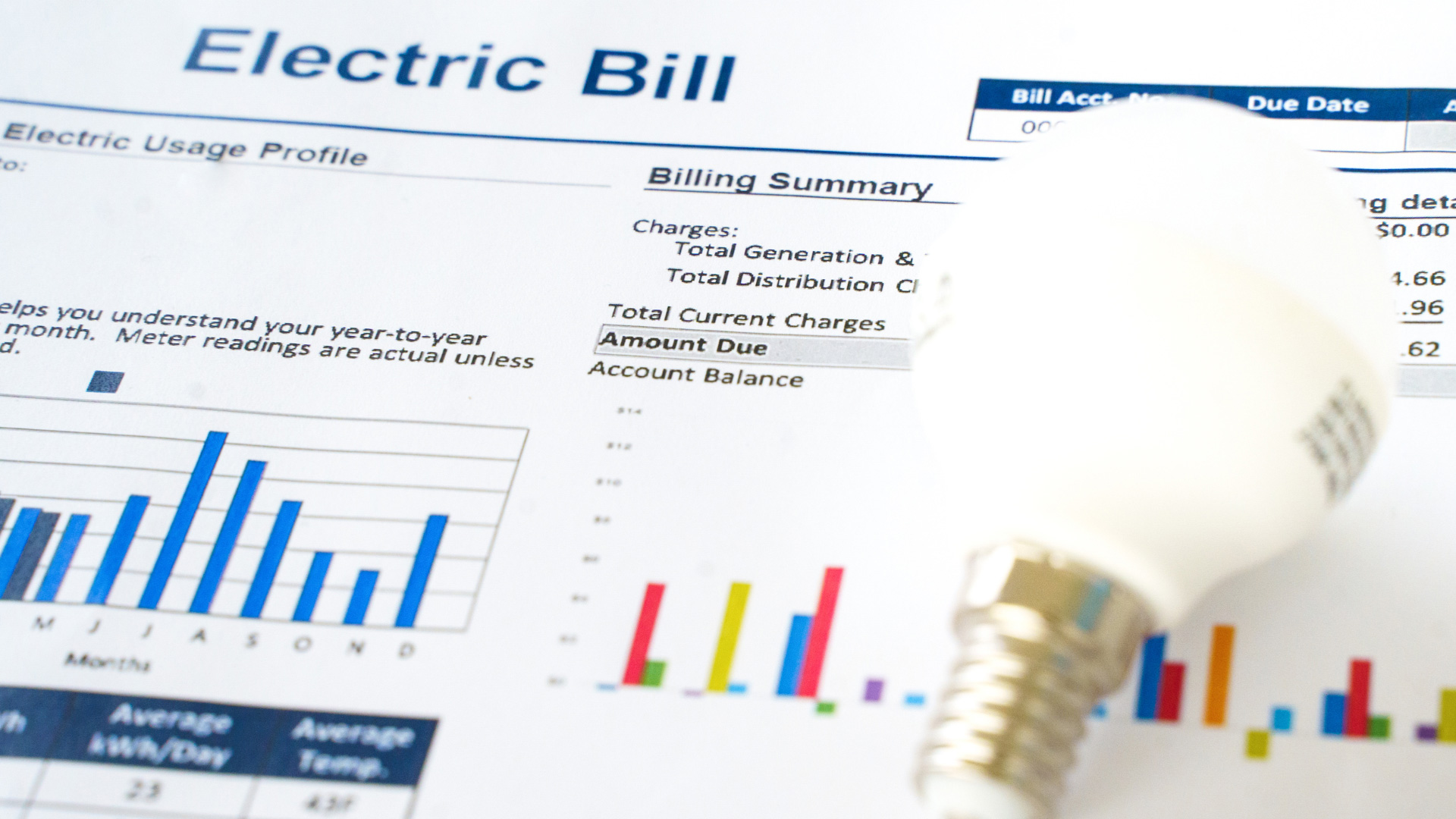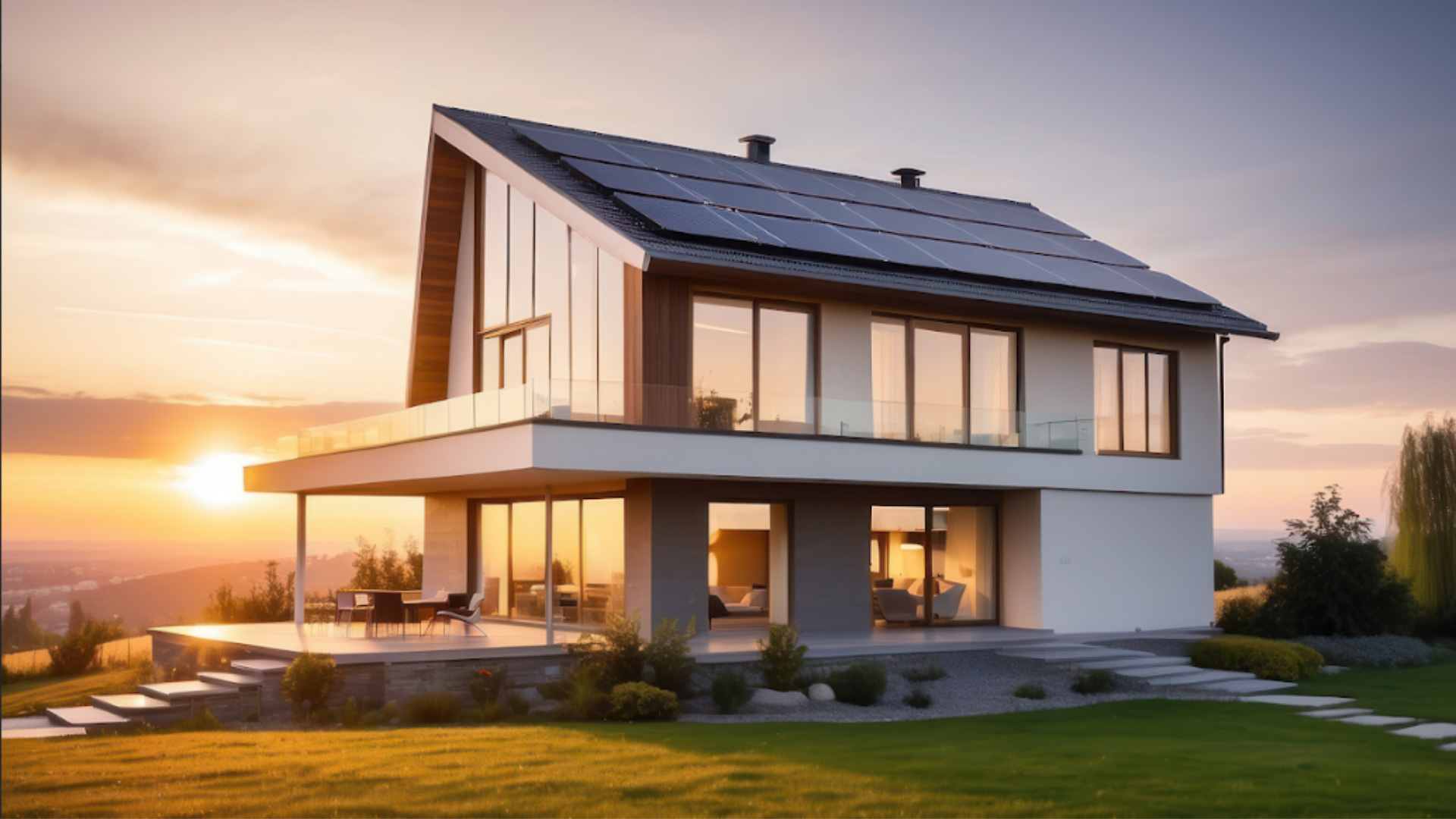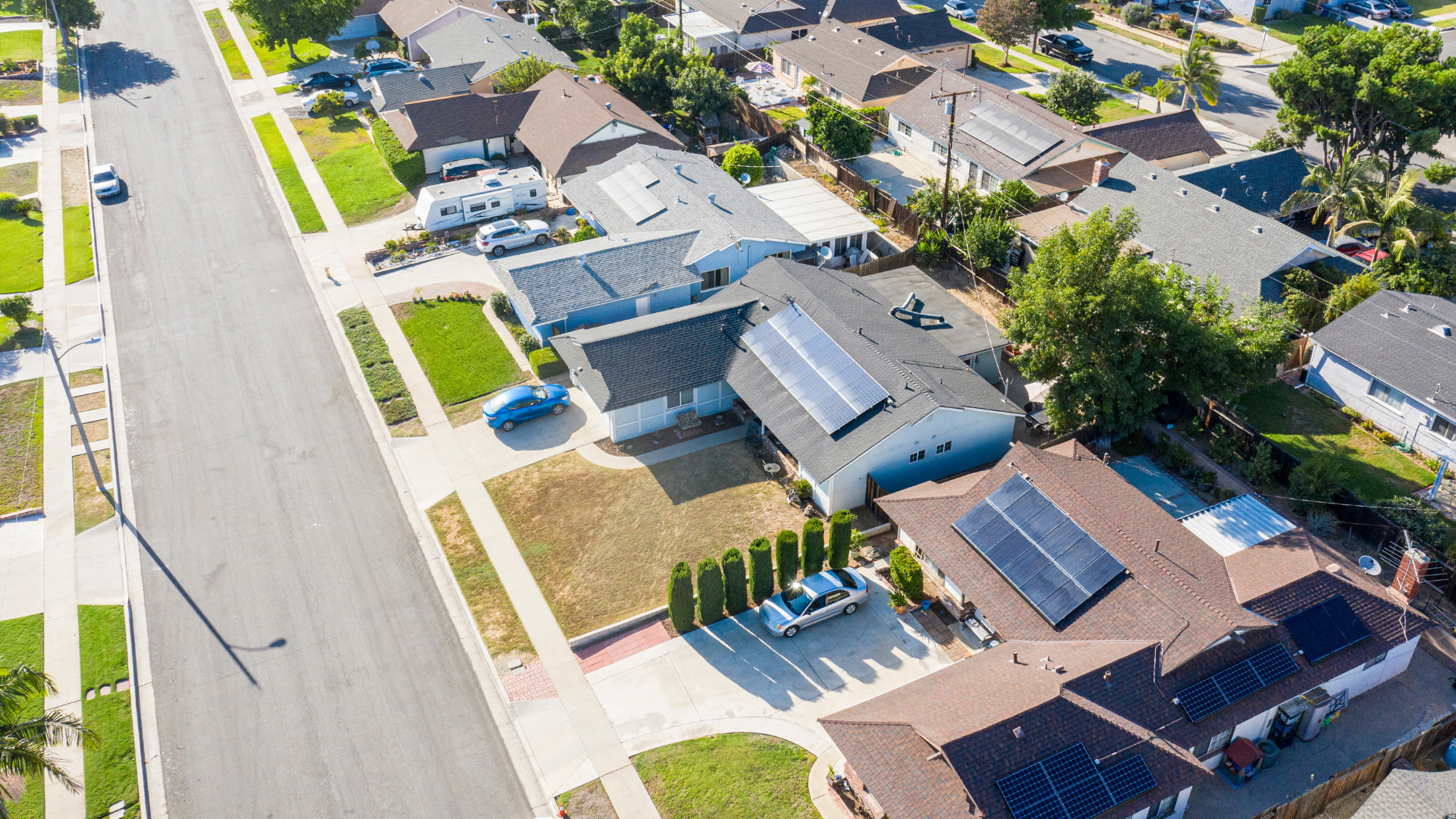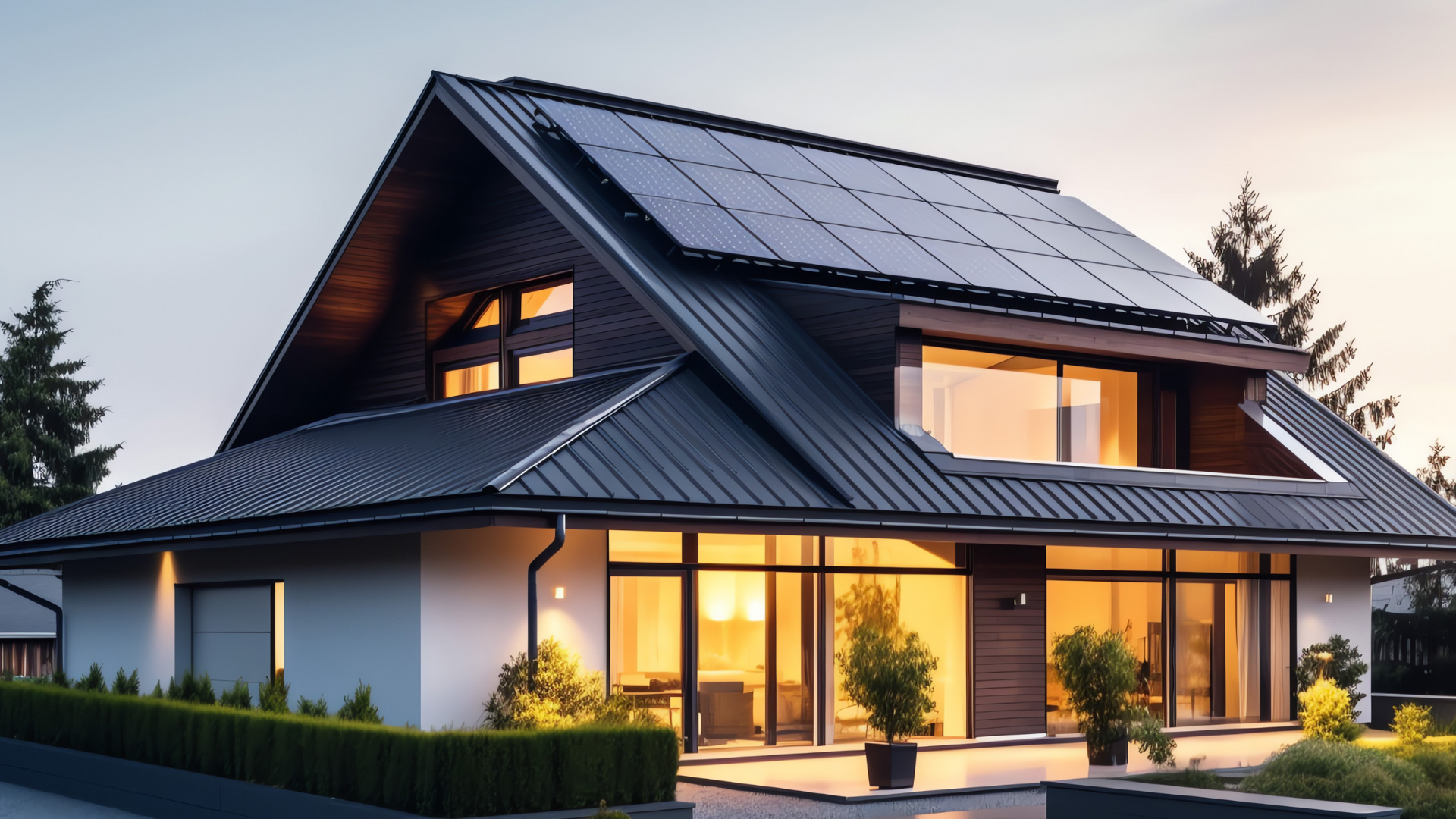The major reason most homeowners go solar is to save on residential energy costs. This is why it is common to wonder if you still get an electric bill with solar panels in Arizona.
As a homeowner in the Grand Canyon State, you will still get an energy bill, but it will be much lower than before you installed solar panels. This post will explain all you need to know about electric bills before and after solar to help clarify the question, “I have solar panels. Now what?”
What Is Arizona’s Net Billing Program?
To better understand how your energy costs will change after going solar, you must familiarize yourself with how solar panels reduce the amount due on your bill.
First, solar energy production will reduce your home’s reliance on the grid for energy. For instance, if you use 20kWh in your house daily and the solar panels generate 8kWh, you only need 12kWh from the grid now.
Second, you can benefit from Arizona’s net metering or billing program. This is where any excess energy your home produces is exported or pushed to the grid for credit. You can then use this credit to offset your energy expenses when your solar panels are not producing as much electricity.
So, let’s say your residential installation generates about 27kWh on a certain day, and you only use 10kWh during the day but need 13kWh at night:
- The solar panels directly provide the 10kWh your home needs during the daytime.
- The other 17kWh is exported to the grid for net metering credit, which more than offsets the cost of the 13kWh you will pull from the grid during off-peak hours.
In essence, pulling power from the electricity grid spins your meter forward, while pushing power to the grid from your solar installation takes your meter backward. So, while you may still receive a utility bill after installing solar panels, you will only pay for the minimal cost of grid electricity that your panels don’t offset or generate.
Will Solar Panels Pay for All My Electricity?
On most occasions, solar installations are designed to provide all the power a household needs. They can do away with your energy expenses while introducing a lower, more consistent payment on the electric grid. However, you need to note some key differences between a solar energy bill and an electric bill.
Solar Energy Bill
For your solar bill monthly expenses, you will make payments on the solar system. If you opt for a financial arrangement, your monthly loan top-ups will stand in for the solar bill. When you “pay cash,” you can consider your solar bill to be the net cost of your system in its total lifetime. Thus, if you buy a solar system for $17,500 and its warranty runs for 300 months (25 years), you pay $58 monthly for the energy it generates.
Electric Bill
On the other hand, your electricity bill consists of the payments you make each month to the company that has supplied you with electricity. Most solar installations have the objective of helping you lower your electric bill as much as possible and only leave you paying for your solar panels. Some of the main benefits of paying for solar equipment rather than electricity from the grid include:
- Whatever your consumption is, you pay the same rates each month
- Solar power payments could be lower than current average energy expenses, offering day-one savings
- Solar power expenses are stable, unlike energy costs, which increase as time goes on
- Investing in solar power increases the value of your home, unlike the costly affair of purchasing electricity one kilowatt at a time
The Bottom Line
Going solar is your sure ticket to energy freedom and incredible savings on your utility bill. At Solar Optimum, we help Arizona homeowners across Maricopa County and the Greater Phoenix area discover the best solar package for their residences and provide affordable solar installation services. Contact us or download our Ultimate Guide to Going Solar to learn more about other solar incentives to help lower your energy bill.






